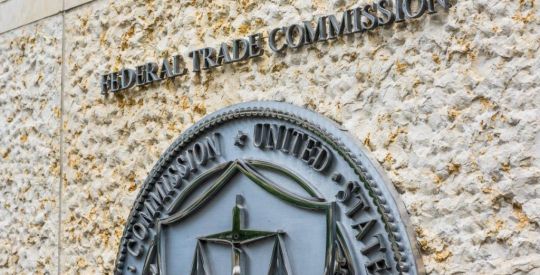Representatives from three real estate trade groups — the same trio that on Monday sent a letter to leaders in Washington calling for the extension and expansion of the first-time homebuyer tax credit — testified before the Senate Banking Committee on the status of the nation’s housing market and the need for the extended credit. A year ago, subprime adjustable rate mortgage (ARM) loans accounted for 36% of foreclosures started, the largest share of any loan type, despite accounting for only 6% of the outstanding loans, said Jay Brinkmann, Mortgage Bankers Association (MBA) senior vice president and chief economist, in prepared testimony. Now, prime fixed-rate loans represent the largest share of foreclosures initiated, and almost 40% of all prime fixed-rate foreclosures are in California, Florida, Arizona and Nevada, the states that account for the driving force behind increased delinquencies. Brinkmann said housing recovery depends on the unemployment rate. “The number of people receiving paychecks will drive the demand for houses and apartments and the recovery will begin when unemployment stops rising,” he said. National Association of Home Builders (NAHB) chief economist David Crowe testified builders are already experiencing a slowdown in new home sales because time is running out to close on a home before the tax credit’s Nov. 30 expiration. “Not only will builders soon be losing one of their most effective selling tools when the $8,000 federal housing tax credit expires on Nov. 30, they are also facing significant challenges that threaten to derail the fragile housing recovery before it even has time to take root,” said Crowe. “Strict mortgage underwriting and low appraisals are making it difficult for a willing buyer to complete the sale, and terms and credit availability for builder acquisition, development and construction (AD&C) loans are extremely tight.” Crowe added: “The bottom line is that housing and the economy are at a critical crossroads.” Proponents of the tax credit’s extension say the economic impact of the $8,000 credit goes beyond the housing sector because homebuyers typically spend thousands in additional purchases. “We estimate this would increase home purchases by 383,000 and create nearly 350,000 jobs in the coming year,” said Crowe, adding that it would also generate $16.1bn in wages and salaries; $12.1bn in business income and tax income of $11.6bn for federal, state and local governments. The NAHB is also calling on lenders to provide more liquidity to fund homebuilder loans and new Federal Housing Administration (FHA), Fannie Mae (FNM) and Freddie Mac (FRE) appraisal guidelines for new homes sold in markets flooded with distressed properties. “You just cannot compare a well-constructed new home with a foreclosed home that has been vacant for months and was probably neglected for a long time before it was vacated,” Crowe said. “They simply are not comparable, and the standards need to be adjusted to reflect that reality.” National Association of Realtors (NAR) vice president Ron Phipps estimates extending the tax credit through the middle of 2010 would cost $10bn, a “modest price” compared to the $700bn spent in the Troubled Asset Relief Program (TARP). “Moreover, the $10 billion cost is a static measure that does not take into account job creation and increased tax revenue from rising economic activity,” said Phipps in his prepared testimony. “Actually, if all of the economic dynamic responses are taken into consideration, the homebuyer tax credit can be argued as a net positive revenue generator for the federal government.” The House Ways and Means Committee oversight subcommittee is scheduled to hold a hearing Thursday investigating alleged fraud related to the first-time homebuyer tax credit. Write to Austin Kilgore.
Industry Groups Call on Senate for Tax Credit Extension
Most Popular Articles
Latest Articles
FTC bans noncompete clauses nationwide
The measure follows up on a 2021 executive order by President Biden, but one group has already vowed to challenge it in court.
-
New home sales still growing from 2022 lows
-
Guild Mortgage CEO on values, culture and M&A priorities
-
US Mortgage Corporation committed to reverse channel, new HECM head says
-
Labor Department announces new rule to shield retirement savings
-
loanDepot CEO talks ‘longer and tougher’ mortgage cycle, NAR settlement and cyberattacks



